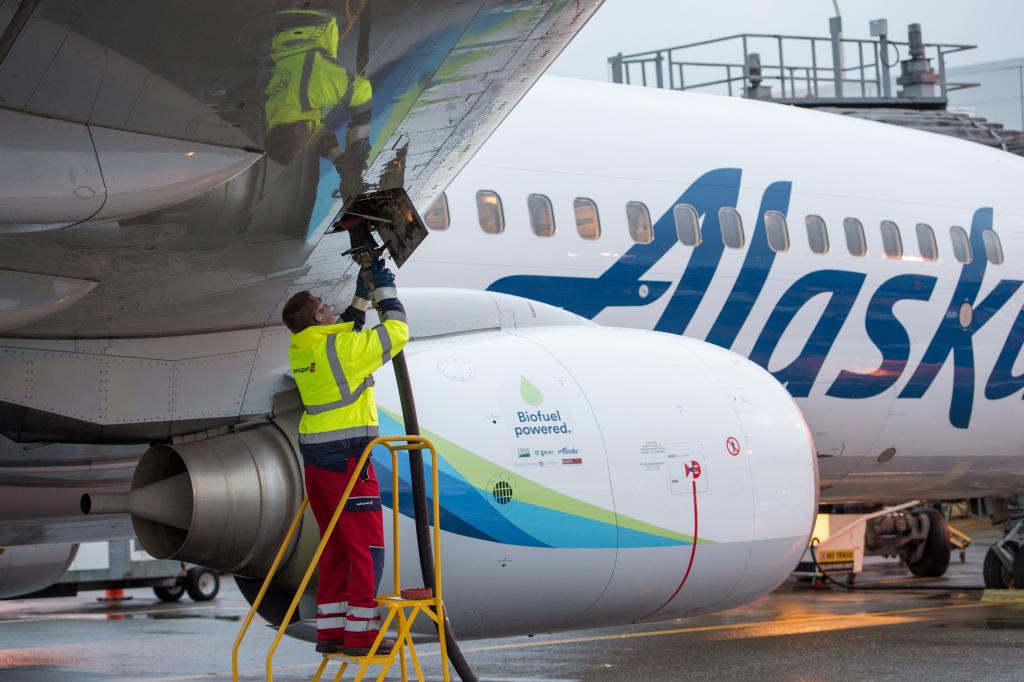SAF Tax Credit Needs Better Carbon Analysis, Biofuel Organizations Urge

Credit: Alaska Airlines
U.S. agriculture and biofuel organizations have urged the U.S. Congress to base a proposed tax credit for sustainable aviation fuel (SAF) on the most updated and accurate lifecycle carbon assessment methods and not the modeling used by the ICAO. In an Aug. 6 letter to House and Senate committee...
Subscription Required
This content requires a subscription to one of the Aviation Week Intelligence Network (AWIN) bundles.
Schedule a demo today to find out how you can access this content and similar content related to your area of the global aviation industry.
Already an AWIN subscriber? Login
Did you know? Aviation Week has won top honors multiple times in the Jesse H. Neal National Business Journalism Awards, the business-to-business media equivalent of the Pulitzer Prizes.





